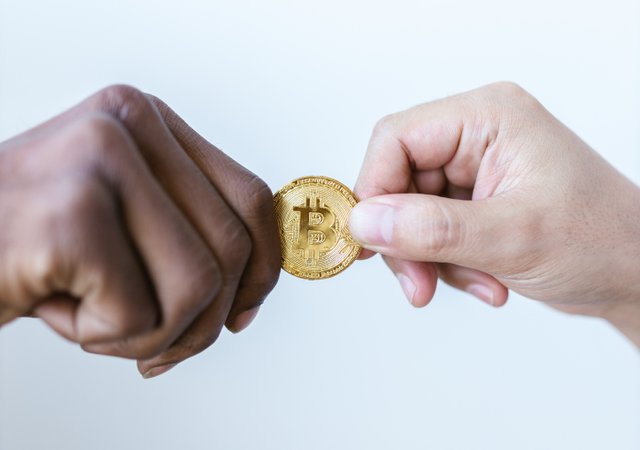Crypto Scams and How to Avoid Them
Cryptocurrency scams have become a major problem in the industry, with many investors falling victim to various fraudulent schemes. These scams can take different forms, including fake ICOs, phishing attacks, Ponzi schemes, and more. In this article, we'll explain some common types of cryptocurrency scams and how to avoid them.
Fake ICOs: One of the most common types of cryptocurrency scams is the fake ICO. Fraudsters will create a fake website or social media account, claiming to be offering an initial coin offering (ICO) for a new cryptocurrency. They will then ask investors to send them money in exchange for the new tokens. To avoid this type of scam, always do your research and verify the authenticity of the ICO and the team behind it before investing any money.
Phishing attacks: Phishing attacks involve sending fraudulent emails or messages to people, asking them to provide sensitive information or transfer funds. In the cryptocurrency world, phishing attacks are common, with fraudsters pretending to be legitimate exchanges or wallet providers, asking for login credentials or private keys. To avoid falling victim to a phishing attack, always double-check the sender's identity, and never click on suspicious links or download attachments from unknown sources.
Ponzi schemes: Ponzi schemes involve promising high returns to investors in exchange for their investment. However, these schemes do not generate any real profit and rely on new investors' money to pay off the previous investors. To avoid Ponzi schemes, always be wary of any investment opportunity that seems too good to be true, and do your research on the company and its track record.
Fake wallets and exchanges: Some fraudsters create fake cryptocurrency wallets and exchanges to steal users' funds. They will create a website or an app that looks like a legitimate wallet or exchange and then ask users to transfer their funds to their account. To avoid this type of scam, always use trusted wallet and exchange providers, and double-check the website's URL and security certificates before entering any sensitive information.
In conclusion, cryptocurrency scams are a serious issue, and investors must be vigilant and cautious when investing in cryptocurrencies. Always do your research, double-check the authenticity of the ICO, exchange, or wallet provider, and avoid any investment opportunities that seem too good to be true. By staying informed and following best practices, you can protect yourself and your investments from cryptocurrency scams.
